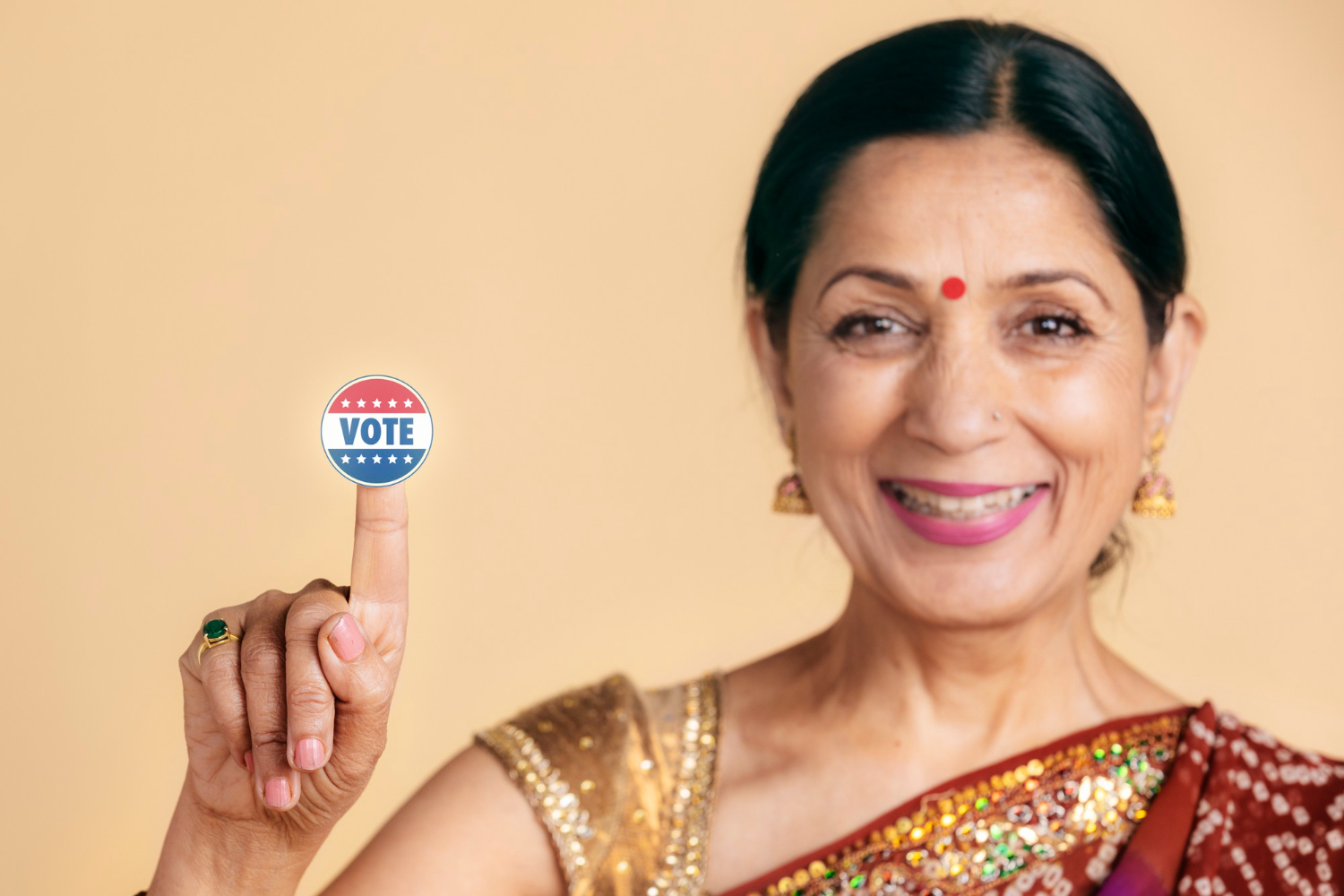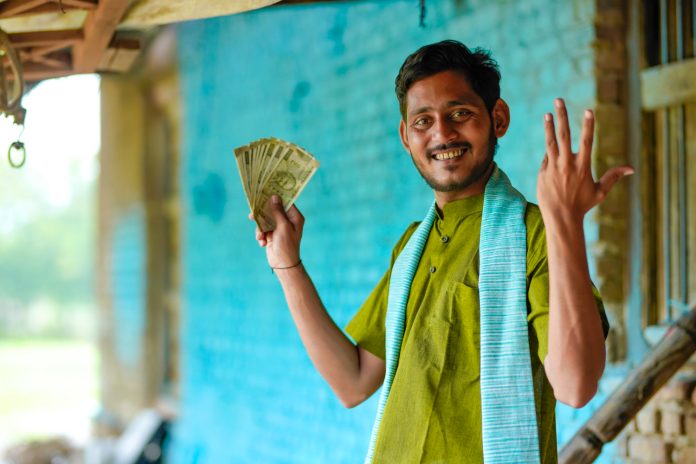- The Indian citizens are aware of how various elections are conducted in the country and what amount of money gets exchanged during the process. Even though the official cap is in force as enunciated by the Election Commission of India’s comprehensive guidelines on the matter, the unofficial and unaccounted money being splurged during the polling is unimaginable. Of course, let us not beat around the bush in seconding the expenses delineated by the ECI which is far from realistic. A modest estimate of how the unaccounted money is spent would be more than 10 times the bar set by the ECI. The cash dole-outs to lure the electorate itself will run into crores of rupees despite the ECI making elaborate arrangements to checkmate the same.

PC: FreePik
- However, the political class irrespective of party affiliations and ideologies has come to believe that one of the surest ways of impressing the electorate is to hand out cash to vote for them. Thus, the recovery of huge cash from the political leaders during the electioneering is a common phenomenon observed literally involving big names in the fray. As reported recently from Maharashtra, two netas were booked in a cash-for-voters case. But funny money in polls is a far bigger story, you see. In the instant case, the BJP general secretary and a BJP Maharashtra poll candidate have been booked by cops after cash was recovered from a Virar hotel. The viral video showed his political opponents hurling wads of money at him accusing him of luring the voters.
- Also, the video seems to confirm that well-known trait of our elections – they are awash in cash. True, voters can take every party’s cash and votes as they like. But money does distort outcomes. More money signals more strength, it can entrench reciprocal outcomes. It raises the bar for everyone else in the fray and deters candidates and causes without easy access to money. It can mean elections are not a fair snapshot of the balance of power between various interest groups and ideologies. In a patron-client mode of politics, parties target specific groups to woo with resources and services. But today, the transaction is even more transactional, when parties see voters as individual customers whose support can be bought.

PC: FreePik
- Further, Indian elections are among the most expensive in the world. The gap between acknowledged and actual election spending is one of our worst-kept secrets as mentioned above. Candidates spend to stay in the game, to grease their networks, encourage their workers, to please party bosses or state officials, and for underhand projects like putting up dummy candidates. Parties lean heavily towards candidates who can raise their resources, and possibly cross-subsidise others. Electoral viability is often measured by wealth, reinforcing the distortion in the system. Naturally, once in power, candidates and parties expect a return on their investment, as do their financial backers. We are too familiar with this. That’s how our system functions right now.






